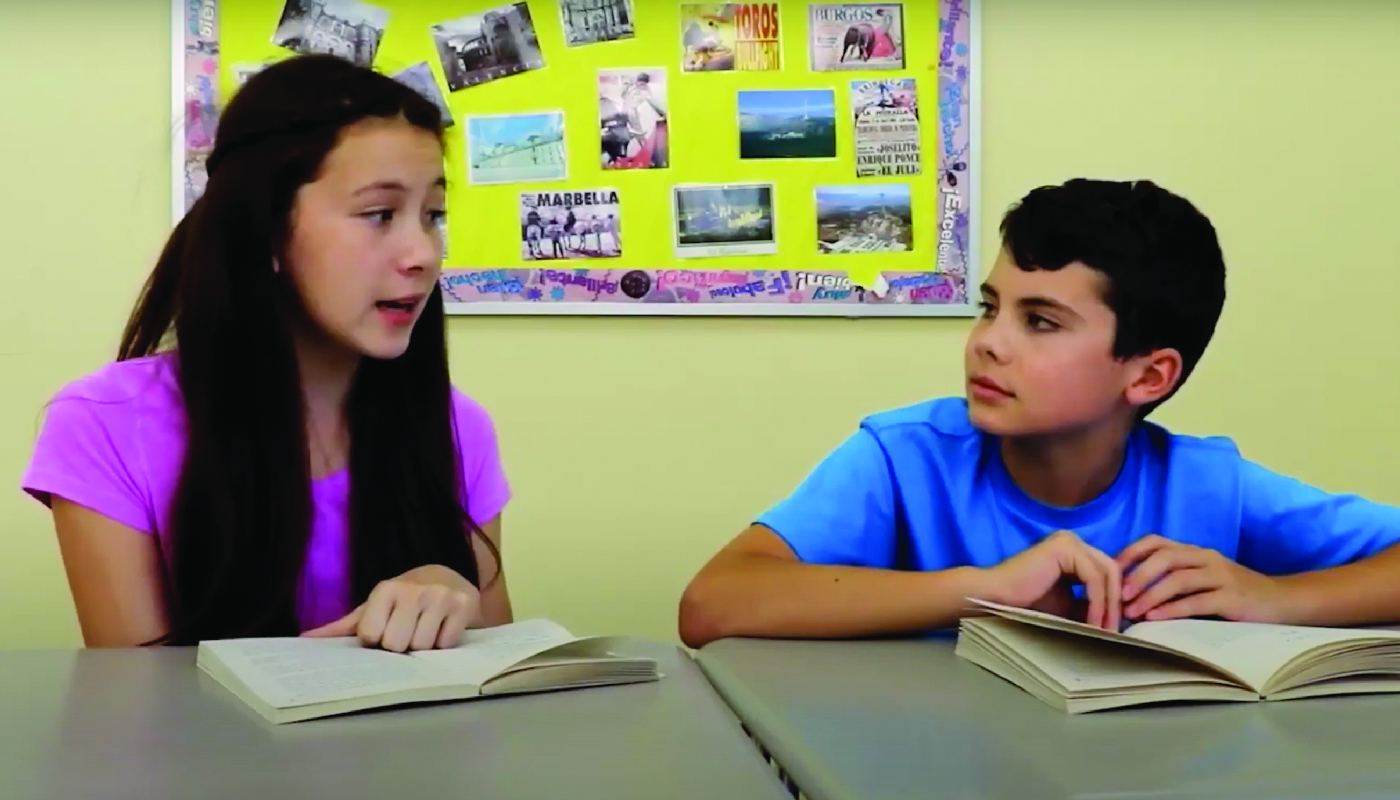Introduction
Active listening is a fundamental skill for effective communication and relationship building. Teaching students the art of active listening at an early age can greatly enhance their social-emotional learning journey. In this blog post, we will discuss practical strategies and activities designed to help elementary students develop active listening skills.
No-Prep Activity: The Whisper Game
The Whisper Game is a simple yet engaging activity that requires no preparation or materials. To play, have students sit in a circle. The educator whispers a short sentence or message to the first student, who then whispers it to the next student. This process continues around the circle until the message reaches the last student, who then shares the message aloud. The goal is to have the message remain as close to the original as possible, highlighting the importance of active listening. After the activity, discuss with students the challenges they faced and the strategies they used to listen carefully and accurately relay the message.
Discussion Questions
- Why is active listening important in our everyday interactions with friends and family?
- What are some challenges you face when trying to actively listen to others?
- How can we practice active listening in different situations, such as in class, at home, or during extracurricular activities?
- Can you think of a time when you felt someone wasn’t actively listening to you? How did that make you feel?
- What strategies can you use to improve your active listening skills and show others that you are truly engaged in the conversation?
Related Skills
Developing active listening skills can lead to improvements in other relevant social-emotional learning areas. Some related skills include:
- Empathy: Active listening helps students understand and share the feelings of others, fostering stronger connections and emotional support.
- Effective communication: Active listening is a crucial component of clear and concise communication, promoting better understanding and collaboration.
- Conflict resolution: Active listening allows students to better understand different perspectives and work towards mutually beneficial solutions in times of disagreement.
- Self-awareness: Practicing active listening can help students become more aware of their own thoughts and emotions during conversations.
Next Steps
Now that you have learned about the importance of active listening and some practical strategies to teach this skill to elementary students, it’s time to explore additional resources. We invite you to sign up for free sample materials on Everyday Speech, where you will find a wealth of tools, activities, and resources designed to support social-emotional learning in the classroom.






